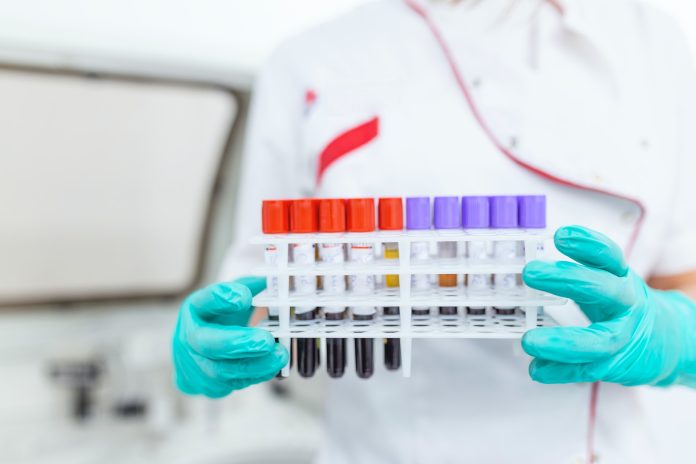
Cholesterol levels in our bodies can sometimes be a bit confusing. We’ve all heard that high cholesterol can lead to heart disease, but what about stroke?
And, does low cholesterol always mean we are healthier? To answer these questions, let’s break down some recent research that delves into this topic.
What is Cholesterol?
First, let’s understand what cholesterol is. It’s a fat-like substance in your body. There are two types: HDL (good cholesterol) and LDL (bad cholesterol).
Too much LDL, or “bad cholesterol”, can lead to heart disease. That’s why many doctors recommend keeping LDL levels low. But what about during a stroke? It seems this rule may not always apply.
The Study
A group of scientists wanted to understand how LDL cholesterol levels affect stroke patients.
They were particularly interested in how LDL cholesterol influences the chances of getting an infection after a stroke and how this impacts survival rates.
The researchers examined a massive pool of over 800,000 stroke patients. They published their findings in a journal called Science Bulletin.
The Findings
What they found might surprise you. Instead of low LDL cholesterol being best, they found a U-shaped relationship between LDL levels and the risk of dying after a stroke.
This means that both very low and very high LDL cholesterol levels were linked to a higher chance of death. They found the safest LDL level to be 2.67 mmol/L.
Interestingly, the research showed that almost 40% of the link between LDL cholesterol and death after a stroke could be explained by infections.
Put simply, having lower LDL cholesterol levels might make you more prone to infections after a stroke, which in turn could increase your risk of death.
Digging Deeper
In further analysis, the researchers found that this U-shaped risk pattern remained consistent even when considering other factors that can affect health and mortality, such as age, gender, body mass index, and stroke severity.
Again, they found that infections played a significant role in this pattern.
This research suggests that, contrary to the common belief that lower LDL cholesterol is always better, low levels might not be beneficial during the acute stage of a stroke.
It seems that having low LDL cholesterol may increase the risk of infection, which then might increase the chance of death.
The Takeaway and Next Steps
So, what does this all mean for stroke patients? It suggests that monitoring and possibly adjusting LDL cholesterol levels after a stroke might be important for improving survival rates.
However, we need more research to understand this better, particularly to figure out how to best manage cholesterol levels after a stroke.
Keep in mind that this is just one study, and further research will help clarify these findings.
Still, it does highlight the complex role of cholesterol in our bodies and the potential need for personalized treatment strategies, especially in stroke patients.
It’s always important to talk to your doctor about your cholesterol levels and understand what they mean for your overall health.
If you care about stroke, please read studies about a breakfast linked to better blood vessel health, and olive oil could help lower risks of heart disease and stroke.
For more information about health, please see recent studies about how Mediterranean diet could protect your brain health, and wild blueberries can benefit your heart and brain.
The study was published in Science Bulletin. Follow us on Twitter for more articles about this topic.
Copyright © 2023 Knowridge Science Report. All rights reserved.



